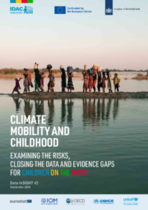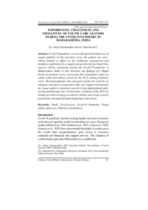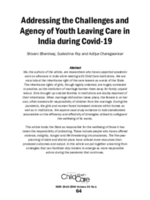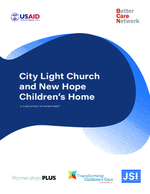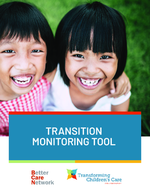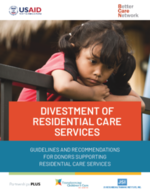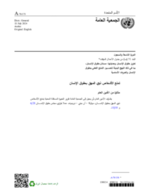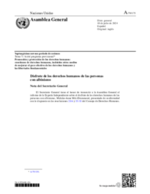Climate Mobility and Childhood: Examining the Risks, Losing the Data and Evidence Gaps for Children on the Move
This report by the International Data Alliance for Children on the Move (IDAC) sheds light on how climate mobility is impacting children’s well-being and offers recommendations for ensuring that children affected by climate-related migration are not overlooked.

